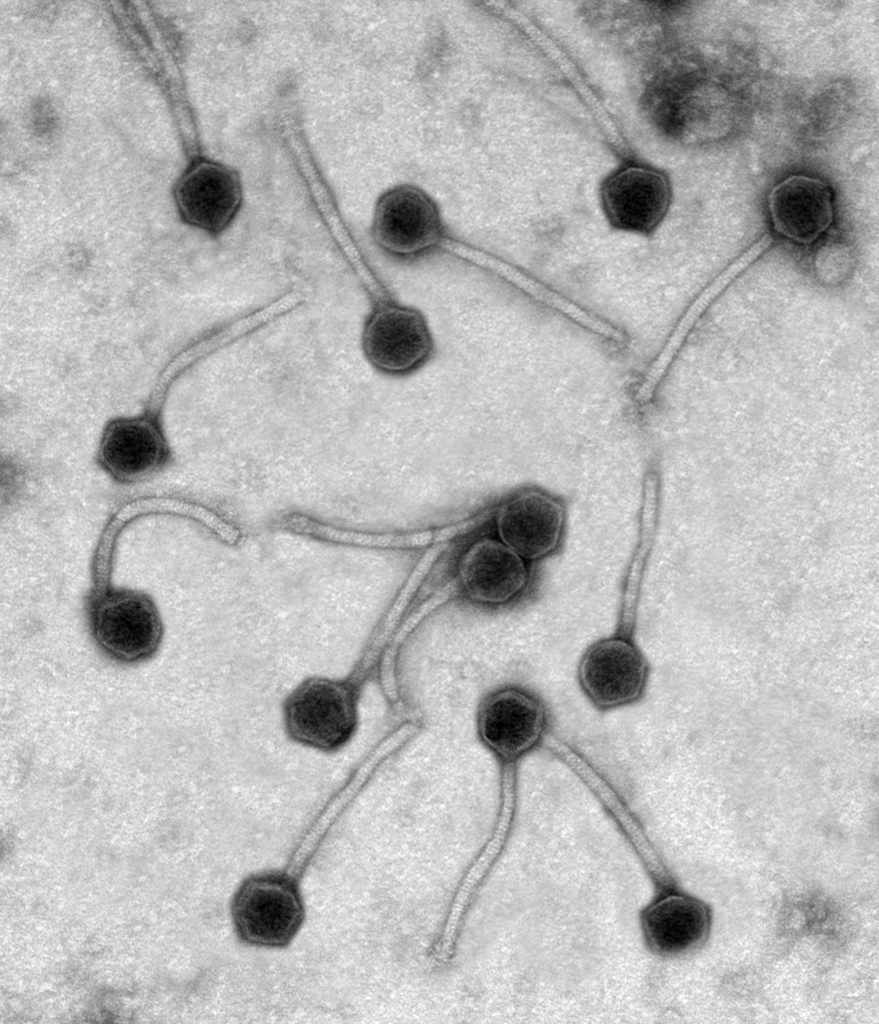


Graduate Student Coordinator: LaKrisha Smith
Faculty Co-Directors: Megan Baldridge, MD, PhD & Andrew Kau, MD, PhD
Graduate Student Representatives: SB Pye & Houda Harastani
The graduate program in Molecular Microbiology & Microbial Pathogenesis (MMMP) focuses on cutting-edge approaches to understanding the basic biology of microbes, their interactions with the environment, and in the case of pathogens, the diseases they cause. Major areas of research include microbial physiology, environmental microbiology and microbial pathogenesis with an emphasis on mechanisms on virulence and host-pathogen interactions. Washington University in St. Louis is ideally suited for training and research in molecular microbiology by virtue of its interdisciplinary graduate program and highly interactive collaborative environment.









This program includes two major areas of research:
Molecular Microbiology
Research in molecular microbiology employs genetics, cell biology, biochemistry, and biophysics to investigate fundamental biological problems including environmental sensing and cell-cell signaling, transcriptional and post-transcriptional regulation, secretion, energy generation, and the bacterial cell cycle. State-of-the-art computational and comparative genomic approaches are used to study commensal, pathogenic, and environmental organisms in their natural environment.
Microbial Pathogenesis and Host Defense
Research in the molecular biology and biochemistry of pathogenic bacteria, fungi, protozoa, helminths and viruses, with an emphasis on mechanisms of virulence and host-parasite interactions. Applying a wide range of emerging technologies in molecular genetics and cell biology, this work includes the discovery and analysis of virulence-associated genes, the study of innate and acquired immunity to pathogens, and the identification and exploration of novel therapeutic targets.